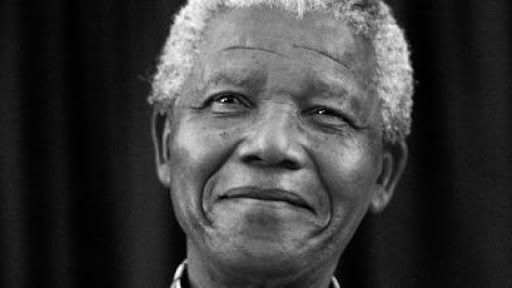How Mandela Transformed An Army General

2 minute read
Something similar happened in South Africa, much of it promulgated by Nelson Mandela, a genius at appreciating sacred values.
Mandela, while imprisoned at Robben Island for 18 years, had taught himself the Afrikaans language and studied Afrikaans culture -- not just to literally understand what his captors were saying among themselves at the prison but to understand the people and their mindset.
At one point, just before the birth of a free South Africa, Nelson Mandela entered into secret negotiations with the Afrikaans leader General Constand Viljoen. The latter, chief of the apartheid-era South African Defence Force and founder of the Afrikaner Volksfront group opposed to the dismantling of apartheid, commanded an Afrikaans militia of fifty to sixty thousand men. He was therefore in a position to doom South Africa's impending first free election and probably trigger a civil war that would kill thousands.
They met in Mandela's house, with the general apparently anticipating tense negotiations across a conference table. Instead the smiling, cordial Mandela led him to the warm, homey living room, sat beside him on a comfy couch designed to soften the hardest of asses, and spoke to the man in Afrikaans, including small talk about sports, leaping up now and then to get the two of them tea and snacks.
While the general did not quite wind up as Mandela's soul mate, and it is impossible to assess the importance of any single thing that Mandela said or did, Viljoen was stunned by Mandela's use of Afrikaans and warm, chatty familiarity with Afrikaans culture. An act of true respect for sacred values.
"Mandela wins over all who meet him," he later said.
And over the course of the conversation, Mandela persuaded Viljoen to call off the armed insurrection and to instead run in the upcoming election as an opposition leader.
When Mandela retired from his presidency in 1999, Viljoen gave a short, halting speech in Parliament praising Mandela ... this time in Mandela's native language, Xhosa!
